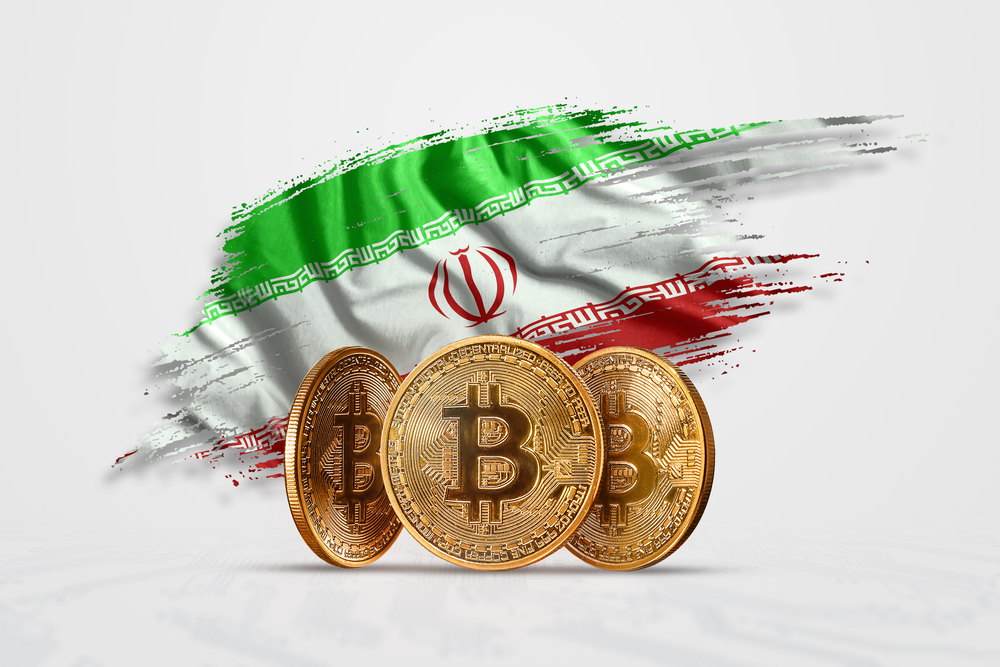Larry Fink, CEO of asset management giant BlackRock, expressed concerns in his annual letter to investors that Bitcoin could threaten the US dollar’s status as the world’s reserve currency.
The US has long benefited from the dollar’s global dominance, but that advantage may be waning-especially in light of rising national debt. BlackRock has already established a strong foothold in the crypto market, managing nearly USD 50 billion in the iShares Bitcoin Trust and advancing the tokenization of traditional financial products through BUIDL.
Warning over loss of dollar status
Fink emphasized the need to control national debt in order to maintain US economic leadership. At the same time, he reaffirmed his support for digital assets and tokenization, while stressing the importance of an improved digital identity infrastructure to enable full institutional adoption.
“For decades, the US has benefited from the dollar serving as the world's reserve currency. But that won't last forever. [...] By 2030, mandatory government spending and debt service will consume all federal revenues and create a permanent deficit. If the U.S. doesn't get a handle on its debt as deficits continue to swell, America risks losing that position to digital assets like Bitcoin.” - Larry Fink, CEO BlackRock
These developments reflect a broader trend in which institutional investors are showing increasing interest in digital assets. Nonetheless, concerns remain about the potential impact on traditional currencies and global financial stability.
Concern about the hegemonial status
BlackRock has already made significant moves into cryptocurrencies. Its iShares Bitcoin Trust now manages nearly USD 50 billion in assets, and the tokenized BUIDL fund is on track to become one of the largest on the market.
Fink’s comments are part of a wider discussion on the role of Bitcoin and other cryptocurrencies in the global financial system. Some experts see the growing acceptance of digital currencies as a potential threat to the US dollar’s dominance, while others argue that cryptocurrencies and traditional currencies can coexist. It remains to be seen how governments and financial institutions will respond to these developments, particularly in terms of regulation and integration of digital assets into the existing financial system.
Another key factor in Bitcoin’s growing relevance is the rising level of institutional interest beyond BlackRock. In addition to the iShares Bitcoin Trust, other major asset managers such as Fidelity and Grayscale have also allocated substantial funds to their Bitcoin ETFs. Meanwhile, countries like El Salvador continue to adopt Bitcoin as a strategic asset, and nations facing high inflation are increasingly turning to cryptocurrencies as a hedge. These trends could further amplify Bitcoin’s long-term influence on the global financial system.








